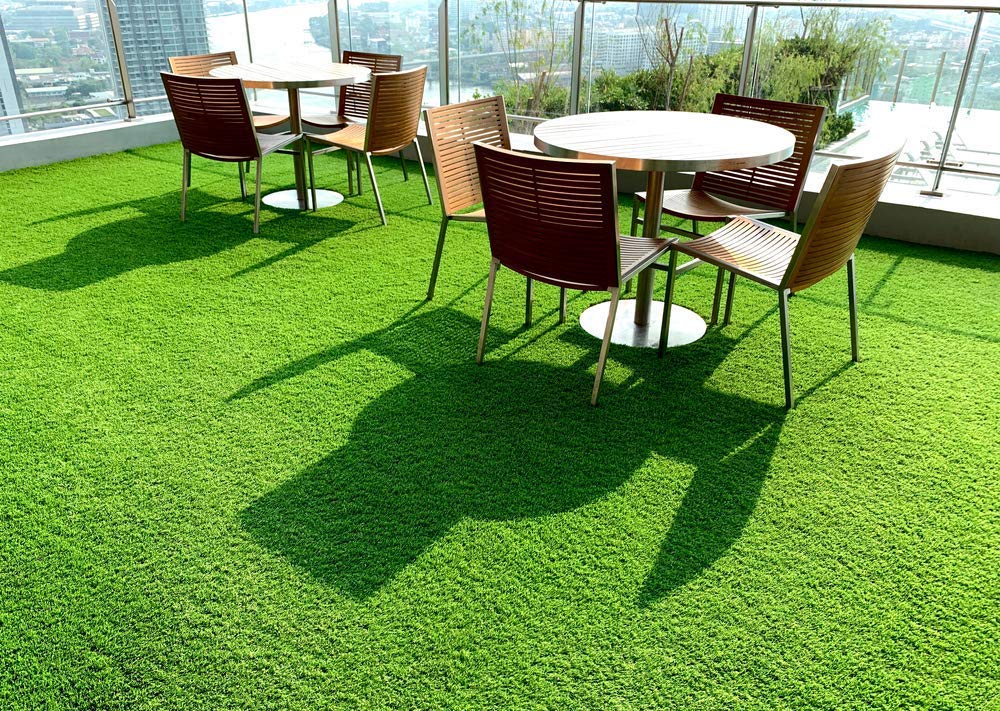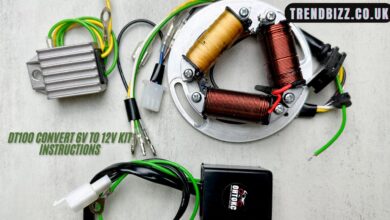How to Choose the Right Artificial Grass for Your Backyard

Having a lush green lawn in your backyard can add beauty and value to your home. However, maintaining a natural grass lawn can be time-consuming and costly. That’s where artificial grass comes in. With its realistic look and low maintenance requirements, artificial grass is becoming an increasingly popular choice among homeowners.
1. Determine Your Needs
The first step in choosing the right artificial grass is to determine your specific needs and preferences. Are you looking for grass that will withstand heavy foot traffic or one that will provide a soft and comfortable surface for children to play on? Do you want grass with a natural look, or are you open to more vibrant colors?
2. Research Different Types of Artificial Grass
Once you have determined your needs, it’s time to research the different types of artificial grass available on the market. There are several materials used to create artificial grass, including polyethylene and nylon. Each material has its advantages and disadvantages, so it’s important to understand the characteristics of each.
3. Consider the Pile Height
The pile height of artificial grass refers to the length of the individual blades. When choosing the right pile height, consider factors such as the primary use of your backyard, the amount of foot traffic it will receive, and your personal preferences.
4. Choose the Right Color
Artificial grass comes in a variety of colors, ranging from vibrant greens to more muted tones. When choosing the right color for your backyard, consider factors such as the surrounding landscape, the amount of sunlight your backyard receives, and your personal preferences.
Artificial grass is a popular choice for many homeowners looking to create a low-maintenance and aesthetically pleasing backyard. One of the advantages of artificial grass is that it comes in a range of colors, allowing you to select the perfect shade to complement your outdoor space.
When choosing the color of your artificial grass, it is important to consider the surrounding landscape. Take into account the colors of the plants, flowers, and other natural elements in your backyard. You want your artificial grass to blend seamlessly with its surroundings, creating a cohesive and harmonious look. By choosing a color that complements the existing landscape, you can create a natural and visually appealing outdoor space.
Another factor to consider is the amount of sunlight your backyard receives. Different shades of artificial grass can absorb and retain heat differently. If your backyard gets a lot of direct sunlight, you may want to choose a lighter shade of grass that will reflect heat and keep your outdoor space cooler. On the other hand, if your backyard is in a shaded area, a darker shade of grass may be more suitable, as it can help retain warmth.
5. Assess the Durability
The durability of artificial grass is an important factor to consider, especially if you have children or pets. Look for grass that is designed to withstand heavy foot traffic and resist wear and tear. Consider the backing material, as well as the stitching and tufting techniques used to secure the blades.
When choosing artificial grass, it is crucial to prioritize durability, especially when you have kids or pets. Opt for grass that is specifically engineered to endure high levels of foot traffic and can withstand wear and tear.
Pay attention to the backing material, as well as the stitching and tufting techniques employed to secure the individual blades of grass. These aspects contribute to the overall resilience and longevity of the artificial turf, ensuring that it remains in excellent condition for an extended period.
6. Consider the Installation Process
Before making a final decision, consider the installation process of the artificial grass. Some homeowners may choose to install the grass themselves, while others may prefer to hire professionals. Take into account factors such as your level of expertise, time constraints, and budget.
Installing artificial grass can be a feasible DIY project for homeowners who have adequate knowledge and experience in landscaping.
However, it is important to consider the intricacies of the installation process before deciding to take on the task yourself. If you are not confident in your abilities or lack the necessary tools and equipment, it may be best to hire professionals who specialize in artificial grass installation.
Additionally, time constraints should be taken into consideration. Installing artificial grass can be a time-consuming process, especially if you have limited experience in this area.
If you have a busy schedule or simply prefer to have the project completed quickly and efficiently, outsourcing the installation to professionals might be a more suitable option.
Conclusion
Choosing the right artificial grass for your backyard is a decision that should not be taken lightly. By considering your specific needs, researching different types of grass, and assessing factors such as pile height, color, and durability, you can find the perfect artificial grass that will enhance the beauty and functionality of your outdoor space.




